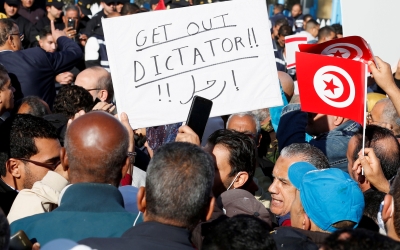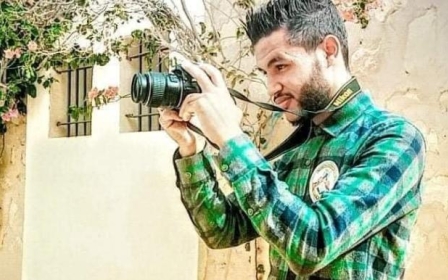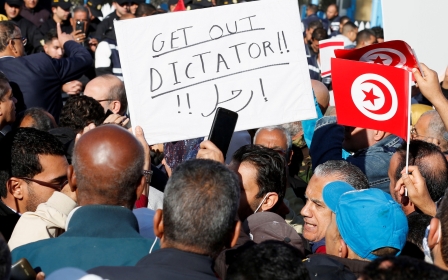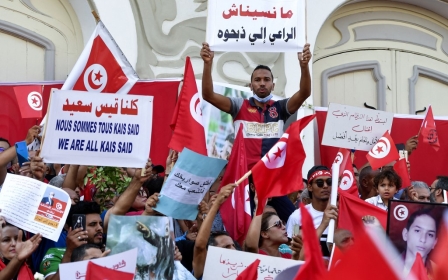Tunisia: President Kais Saied to move anniversary date of revolution
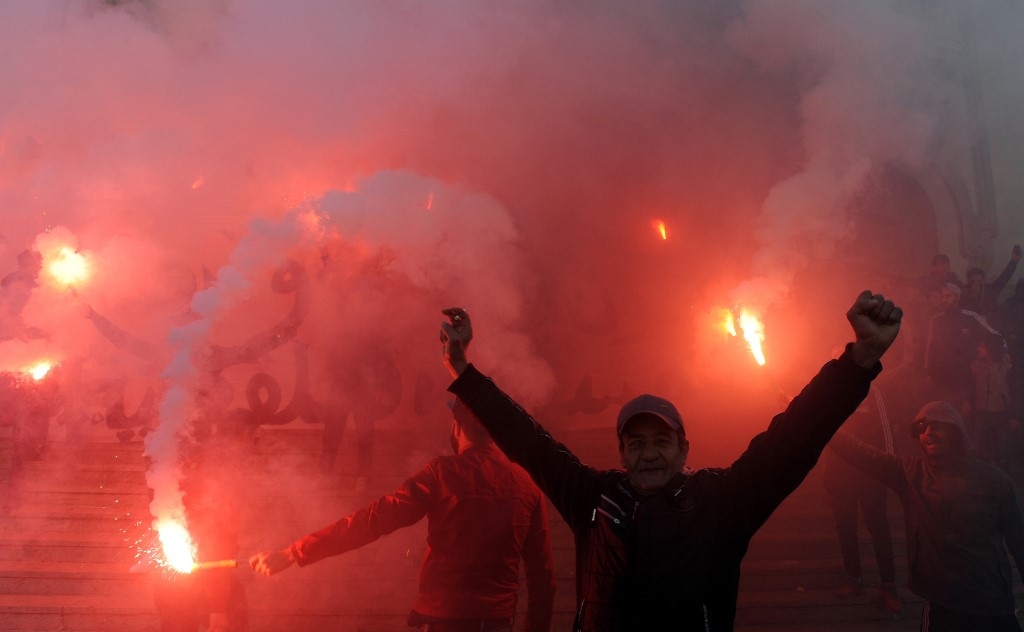
Tunisia's President Kais Saied said on Thursday that he would move the official anniversary of the country's revolution, a symbolic shift indicating his view that the revolt is unfinished.
Tunisia's uprising broke out on 17 December 2010, when Mohamed Bouazizi, a vegetable salesman angered by police harassment, set himself ablaze in the marginalised rural town of Sidi Bouzid.
Four weeks later, after vast nationwide protests, veteran ruler Zine El Abidine Ben Ali fled into exile on 14 January, which later became an official day of remembrance and a public holiday.
However, Saied told his cabinet on Thursday that he would order the holiday moved to 17 December, the day "the revolutionary explosion burst out of Sidi Bouzid".
"Unfortunately the revolution was usurped," he added. "The people were even prevented from expressing their desires and slogans."
Saied, who sacked the government and seized wide-ranging powers on 25 July, wants to radically change the form of Tunisian governance and sees the revolution as a process that is still underway.
While his actions appeared to have some popularity among Tunisians, an increasingly vocal opposition, along with a looming crisis in public finances, may pose a significant test of how Saied and the new government he has appointed will tackle threats to their authority.
Since 2011, the 14 January has been a public holiday across Tunisia - except in Sidi Bouzid, which marks the revolution every year on 17 December in homage to Bouazizi.
Middle East Eye delivers independent and unrivalled coverage and analysis of the Middle East, North Africa and beyond. To learn more about republishing this content and the associated fees, please fill out this form. More about MEE can be found here.


